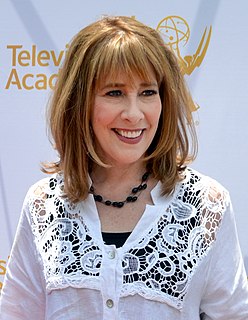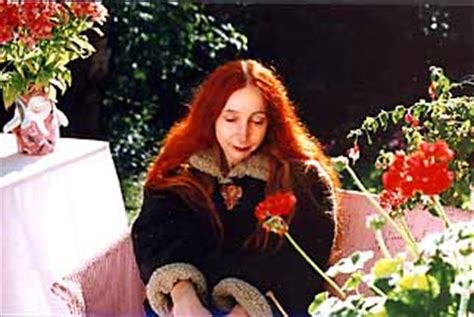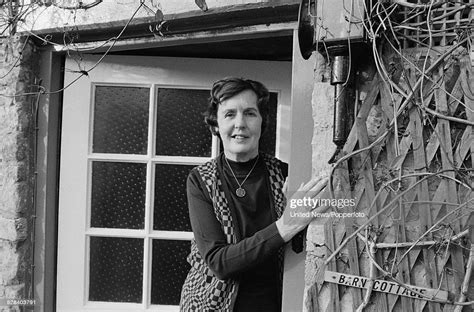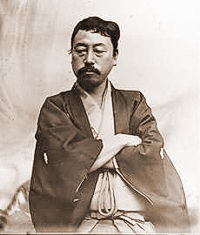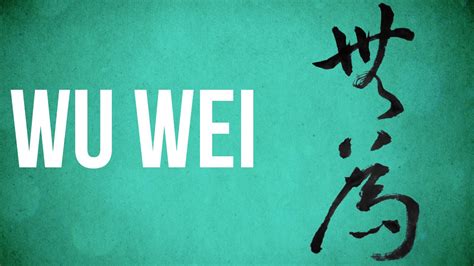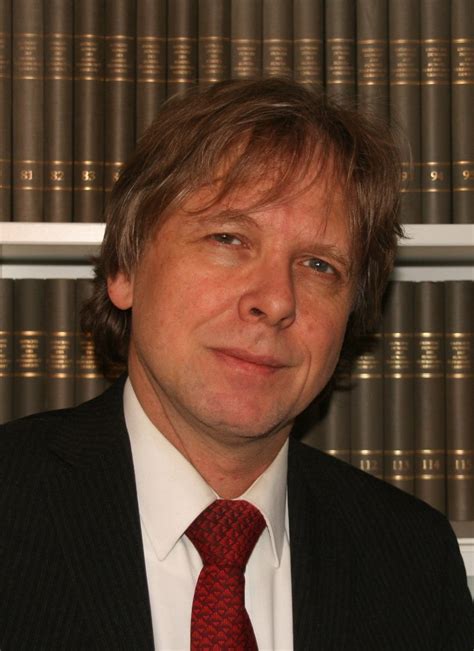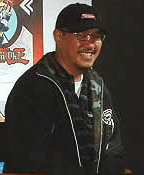A Quote by Sen no Rikyu
If you have one teapot And can brew your tea in it That will do quite well. How much does he lack himself Who must have a lot of things?
Related Quotes
It is true that the path of human destiny cannot but appal him who surveys a section of it. But he will do well to keep his small personal commentarie to himself, as one does at the sight of the sea or of majestic mountains, unless he knows himself to be called and gifted to give them expression in artistic or prophetic form. In most other cases, the voluminous talk about intuition does nothing but conceal a lack of perspective toward the object, which merits the same judgement as a similar lack of perspective toward men.
He who desires to become aware of the hidden light must lift the feeling of fear up to its source. And he can accomplish this if he judges himself and all he does. For then he sheds all fears and lifts fear that has fallen down. But if he does not judge himself, he will be judged from on high, and this judgment will come upon him in the guise of countless things, and all the things in the world will become messengers of God who carry out the judgment on this man.
Detachment, lack of sentimentality, originality, a lot of things that sound rather empty. I know what they mean. Let's say, "visual impact" may not mean much to anybody. I could point it out though. I mean it's a quality that something has or does not have. Coherence. Well, some things are weak, some things are strong.
At one time I thought the most important thing was talent. I think now that the young man must possess or teach himself, training himself, in infinite patience, which is to try and to try until it comes right. He must train himself in ruthless intolerance-that is to throw away anything that is false no matter how much he might love that page or that paragraph. The most important thing is insight, that is to be-curiosity-to wonder, to mull, and to muse why it is that man does what he does, and if you have that, then I don't think the talent makes much difference, whether you've got it or not.
Perhaps there can be too much making of cups of tea, I thought, as I watched Miss Statham filling the heavy teapot. Did we really need a cup of tea? I even said as much to Miss Statham and she looked at me with a hurt, almost angry look, 'Do we need tea? she echoed. 'But Miss Lathbury...' She sounded puzzled and distressed and I began to realise that my question had struck at something deep and fundamental. It was the kind of question that starts a landslide in the mind. I mumbled something about making a joke and that of course one needed tea always, at every hour of the day or night.
Avoiding problems doesn't make them go away - you think it does, but it really doesn't. They're just postponed. Those problems just stay inside your subconscious and brew until your body gets to a point where it's had enough and decides to release some of the stress itself. That's what an anxiety attack is! It happens when you don't know how to vent your frustration, fears, stress, sadness, madness, whatever it is that bothers you, the things you should be confronting and getting closure with. If you don't confront these things and deal with them, your body does it for you.
All who say the same things do not possess them in the same manner; and hence the incomparable author of the Art of Conversation pauses with so much care to make it understood that we must not judge of the capacity of a man by the excellence of a happy remark that we heard him make. Let us penetrate, says he, the mind from which it proceeds. It will oftenest be seen that he will be made to disavow it on the spot, and will be drawn very far from this better thought in which he does not believe, to plunge himself into another, quite base and ridiculous.
How does one chip off the marble that doesn't belong? ... That comes about through five things: humility, reverence, inspiration, deep purpose, and joy. No great man has ever wise-cracked his way to greatness. Until one learns to lose one's self he cannot find himself. No one can multiply himself by himself. He must first divide himself and give himself to the service of all, thus placing himself within all others through acts of thoughtfulness and service.
The outsider may indeed wonder at this seeming much ado about nothing. What a tempest in a tea-cup! he will say. But when we consider how small after all the cup of human enjoyment is, how soon overflowed with tears, how easily drained to the dregs in our quenchless thirst for infinity, we shall not blame ourselves for making so much of the tea-cup.
When you sit in a café, with a lot of music in the background and a lot of projects in your head, you're not really drinking your coffee or your tea. You're drinking your projects, you're drinking your worries. You are not real, and the coffee is not real either. Your coffee can only reveal itself to you as a reality when you go back to your self and produce your true presence, freeing yourself from the past, the future, and from your worries. When you are real, the tea also becomes real and the encounter between you and the tea is real. This is genuine tea drinking.
Caffeine gives me hope. Sometimes, when I brew my wicked strong Irish black tea just perfect, about halfway through the mug I feel a clear and overwhelming feeling of optimism. It didn't surprise me when a study a few years ago implied that suicide was much less likely among coffee and tea drinkers.
Edward Abbey said you must brew your own beer; kick in you Tee Vee; kill your own beef; build your cabin and piss off the front porch whenever you bloody well feel like it. I already had a good start. As a teenager in rural Maine, after we came to America, I had learned hunting, fishing, and trapping in the wilderness. My Maine mentors had long ago taught me to make home brew. I owned a rifle, and I'd already built a log cabin. The rest should be easy. I thought I'd give it a shot.

